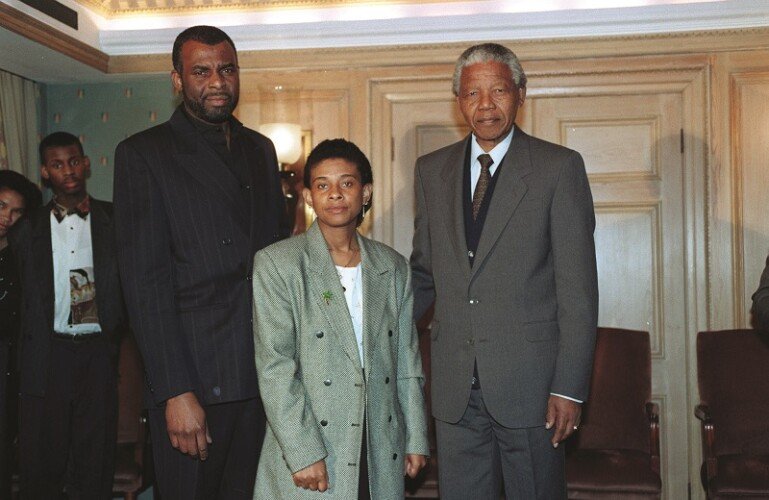The Angiolini Inquiry, 25 years on from the Lawrence report
Last week, part one of the scathing Angiolini Inquiry was published, detailing the independent investigation into how off-duty Met Police officer Wayne Couzens was able to abduct, rape and murder Sarah Everard in 2021.
Almost exactly 25 years ago, the report into the murder of Stephen Lawrence labelled London’s police force “institutionally racist” and condemned officers for “fundamental errors”.
Stephen’s mother, Doreen Lawrence, said the Lawrence Report – published on February 24, 1999 – only “scratched the surface”.

She added: “Black people are still dying on the streets and in the back of police vans.”
Then Met chief Sir Paul Condon admitted the report had brought “shame” on his force – but he refused to step down.
He said he would respond to the report with a “crackdown” on any form of racism in the force, a rapid response murder inquiry force and a research programme looking at how to improve policing. He also said he would continue to try to prosecute Stephen’s killers.
But Stephen’s friend who was with him during the attack, Duwayne Brooks, demanded Sir Paul step down from his position, citing it as “the honorable thing to do”.
Stephen, 18, was fatally stabbed by white youths at a bus stop in Well Hall Road, Eltham, in 1993.

Stephen Lawrence’s parents brought a private prosecution against Neil Acourt, Gary Dobson and Luke Knight after charges against Jamie Acourt and David Norris were dropped due to a lack of evidence.
But the three men were acquitted in April 1996 after the judge ruled identification evidence from Duwayne Brooks was “inadmissible”.
The Met has tried to improve its reputation since the report. In the years that followed it set up an Understanding and Responding to Hate Crime project which analysed and reviewed data.
In July 2023, it released a new Policing Plan detailing an overhaul in training of new officers to become “more practical” and “less academic” as well as investments in new technology and exploiting data to police “more precisely”.
But 25 years on from the Lawrence Report, the force’s new chief, Sir Mark Rowley, has echoed the same promises made by Sir Paul, in his response to the Angiolini Inquiry.

In a statement released today, Sir Mark said: “The report published today is an urgent call to action for all of us in policing. We must go further and faster, to earn back the trust of all those whose confidence in policing has been shaken by events of recent years.
“Regardless of our significant progress over the past year, the scale of the change that is needed inevitably means it will take time and it is not yet complete.”
The same criticisms raised in the Lawrence Report of 1999, of the police failing to take action in the face of evidence, have raised their heads once again with this latest inquiry.

The Angiolini Inquiry highlights that in 2015, a member of the public phoned Kent Police to report that a man had been seen driving a car while indecently exposing himself.
They gave the police the make, model, colour and registration of the car, and police quickly identified Couzens as the registered owner of the car.
Despite this, Kent Police closed the case and took no further action. They did not speak to Couzens, who was serving in the force at the time, nor conduct a follow-up interview with the witness.
The report stated Couzens was not wholly a product of his working environments, but “those environments did nothing to discourage his misogynistic view of women”.
The report concluded that police leaders needed to radically transform their approach to police culture, if future offenders are to be denied opportunities to abuse police powers.
Pictured top: Stephen Lawrence was killed in Eltham in 1993 (Picture: Family handout)
